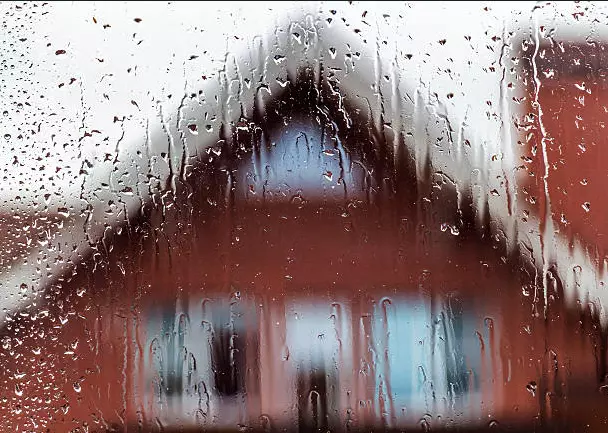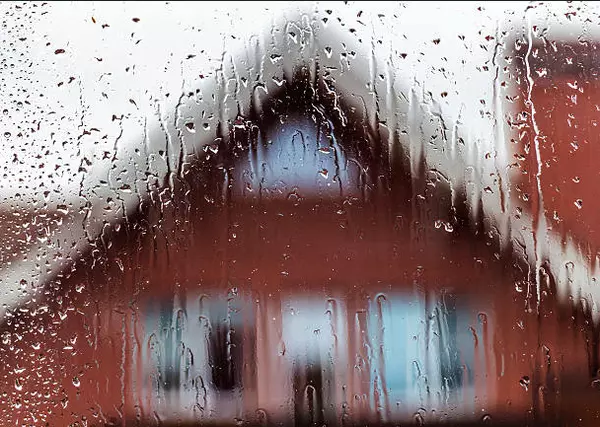Rainy Season Real Estate Tips: What Buyers, Sellers, and Homeowners Should Know

🌧️ For Prospective Buyers: Protecting Your Investment During the Rainy Season
- 🕵️ Work with a Real Estate Professional: Partner with an experienced agent who can review disclosures with you, identifying red flags in home, pest, roof, foundation, drainage, and other specialty inspection reports.
- 👁️ Review Seller Disclosures: Carefully examine the Real Estate Transfer Disclosure Statement (TDS) and Seller Property Questionnaire (SPQ) for any noted issues or past repairs that may impact the property.
- ‼️ Due Diligence is Crucial: If no inspection reports are provided, it’s critical to exercise your Buyer’s Investigation Contingency period. Hire reputable inspectors to conduct thorough evaluations of the property.
- 👷♂️ Order Essential Inspections: Consider a general home inspection, roof inspection, pest inspection, foundation assessment, and drainage evaluation to uncover potential hidden issues.
- 🛑 Check the Natural Hazards Disclosure (NHD) Report: Determine if the property is in special zones, such as:
- High Fire Hazard Severity Zones or Very High Fire Hazard Severity Zones
- FEMA Flood Zones
- Earthquake Fault Zones
- 🔆 Evaluate Energy Efficiency: Inspect windows, insulation, and HVAC systems for efficiency, as these will impact comfort and energy costs during colder, wetter seasons.
🏡 For Prospective Sellers: Maximize Value with Strategic Preparation
- ✅ Provide Comprehensive Inspection Reports: Offering pre-listing inspections (home, pest, roof, etc.) increases transparency and builds buyer confidence.
- 🚩Address Repair Items Proactively: Review flagged issues from inspections and determine if addressing them will attract more buyers and potentially lead to non-contingent offers.
- 🌈 Boost Curb Appeal Despite the Weather: Ensure proper drainage around the property, clear gutters, and maintain walkways to prevent slippery conditions during showings.
- 🔢 Highlight Home Features That Perform Well in Rain: Showcase new roofs, updated drainage systems, and energy-efficient windows in your marketing materials.
- 🗂️ Stay Organized with Documentation: Have all warranties, recent repair invoices, and permits readily available for buyers to review.
🏠 For Homeowners: Essential Rainy Season Maintenance & First-Year Ownership Tips
- 👨🔧 Schedule Regular Inspections: Periodically inspect your roof, foundation, drainage systems, and HVAC to catch issues early and prevent costly repairs.
- 🛠️ Service Your HVAC System: Regularly service your heating system, especially before colder months, to ensure efficiency and longevity.
- 📝 Create a Home Maintenance Manual: Use inspection reports as a guide to align repair timelines with the expected lifespan of major systems (roof, HVAC, plumbing).
- 🗓️ Plan for Long-Term Costs: Anticipate future repairs and start budgeting for big-ticket items like roof replacements, water heaters, and HVAC systems based on their remaining service life.
- 🔋 Improve Energy Efficiency:
- Seal windows and doors to prevent drafts.
- Add insulation to attics or crawl spaces.
- Install programmable thermostats for better climate control.
- Use thermal curtains to retain indoor heat.
- 🪜 Inspect Gutters & Downspouts Regularly: Ensure they are clear to prevent water damage to your home’s exterior and foundation.
- 🔎 Check for Mold & Mildew: In high-moisture areas, monitor for signs of mold growth and address promptly to maintain healthy indoor air quality.
- 📋 Review Your Insurance Annually: Ensure you have adequate coverage for natural disasters relevant to your area, such as floods or earthquakes.
- 🔦 Emergency Preparedness: Keep flashlights, batteries, and an emergency kit handy in case of power outages.
- 🔔 Consider Smart Home Tech: Water leak detectors and smart thermostats can help monitor your home even when you’re away.
Categories
Recent Posts



